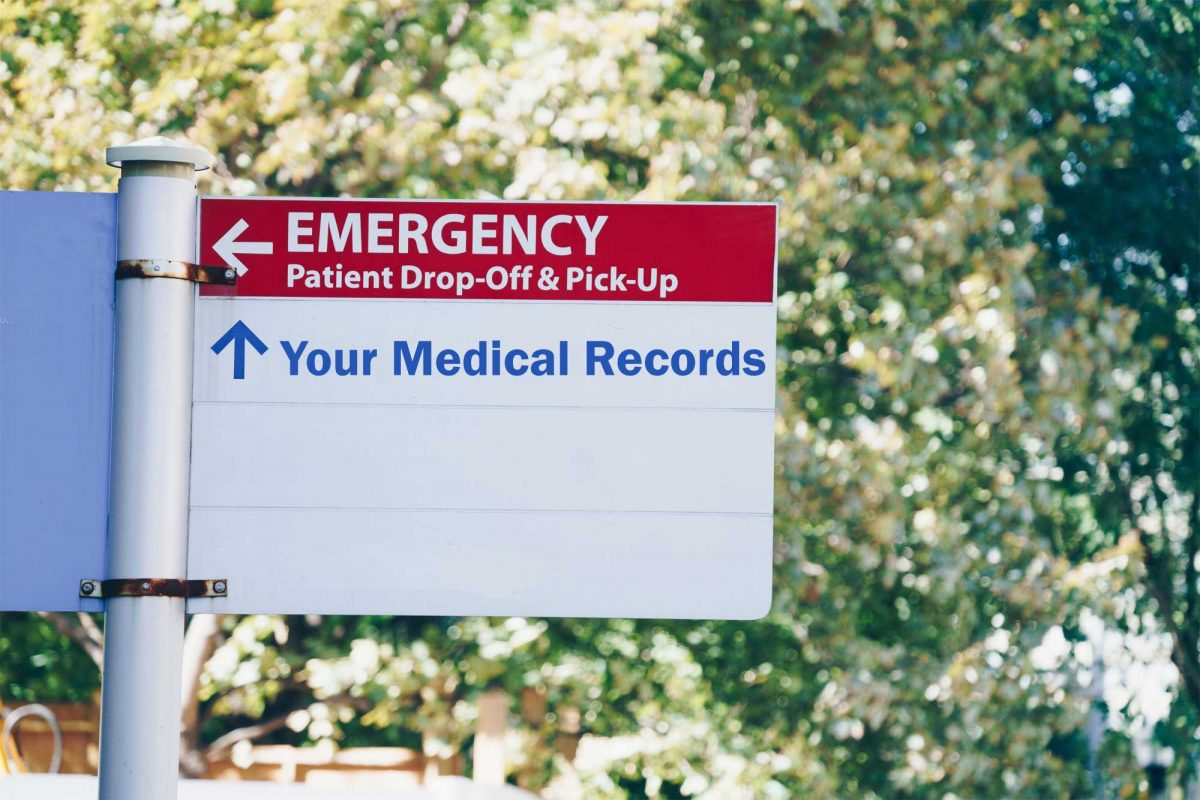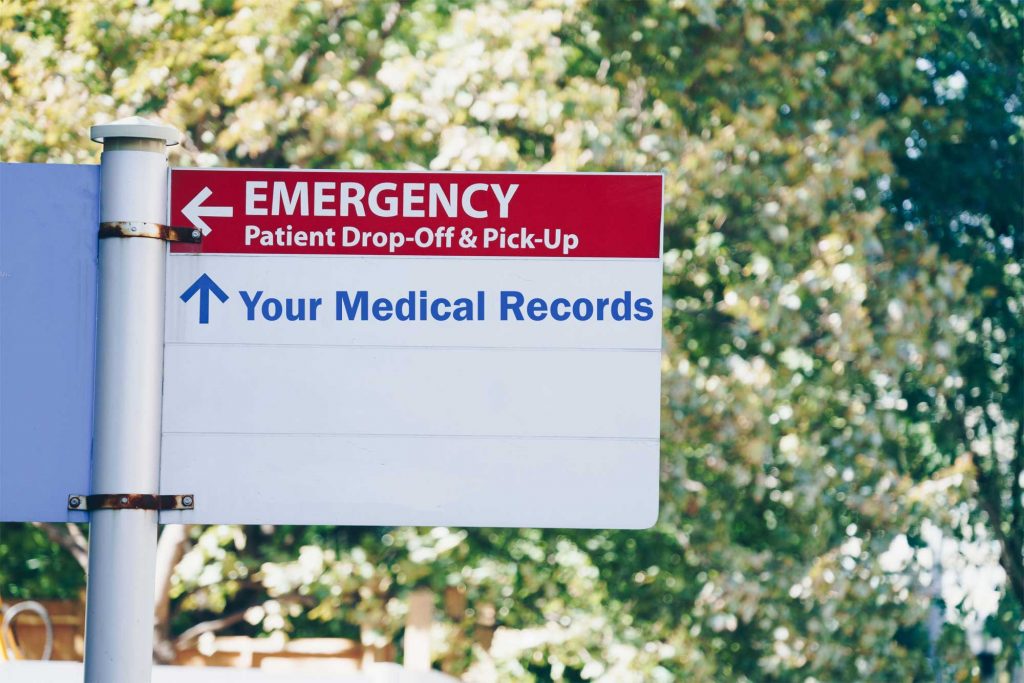My medical records and the data in them are important to me. I request and read them, research terms I don’t understand and use the information to have thoughtful discussions with my doctors. Being involved, understanding what my physicians tell me, and asking questions is absolutely crucial to my healthcare journey. As patients, we know ourselves better than anyone involved in our care. That doesn’t mean our doctors aren’t brilliant, or that we think we’re smarter than they are. But, because we know the tiniest details about ourselves, it often provides clues to help diagnose the illnesses that plague us.
But what happens when we see multiple doctors, what then? When you’re relatively healthy, it’s not as difficult to manage your medical records. However, most patients tend have more than one physician – especially as they age.
According to The New England Journal of Medicine’s article, the typical Medicare patient sees at least 7 providers per year.
Let the statistic sink in for a moment; seven. Now, think about managing the portal accounts for seven doctors. Do you know your last several blood pressure readings? What about all of the medication names, dosages, why you took them, the duration, and the reasons for stopping or changing them? Did you experience side effects? Think about the other details you’d need to recall to give for your healthcare team.
Could you do it?
I’m very confident about my health history. But I promise you, the information gets bottle-necked very quickly during an emergency. At the ER for a badly broken leg a few years ago, I was in so much pain and stress from the accident, it was impossible to remember drug allergies and other important details.
1 in 3 consumers are burdened with providing their own health information when seeing medical care
During my ER visit; I failed to remember an intolerance to morphine. This inability to recall small details resulted in an entire week of such severe migraines, I was nearly forced to go back to the ER. What if my reaction to it had been different, causing deadly results? Lesson learned: we need easy access to our records.
We’re only human. We can’t remember it all.
But neither can our physicians. That’s why our medical data is stored in an electronic health record (EHR). Gone are the days when clinicians were forced to thumb through paper charts during appointments. The information and technology age is here – and thankfully so, because EHRs give physicians immediate access to our information. But the information in the EHR isn’t completely without issues.
84% of EHR notes contain at least 1 error, with an average of 7.8 errors per patient
We’re human beings, not machines. No matter how we strive to be perfect and prevent mistakes, they will happen. Several years ago when my PCP announced his retirement, I requested a copy of my medical records. As I was reading, there it was: a negative result from a prostate exam/PSA test. What?! I’m female! I laughed hilariously at the error, but what if it had been a more serious?
But there is good news. We built a free application for patients to easily and securely gather, store and share their medical records from one account, fully under their control. MyLinks removes the burden of maintaining numerous portal accounts. It means patients can easily transmit and receive their medical records with whomever they choose.
As soon as MyLinks was released to the public, I signed up for my account and immediately gave my husband access to it. And hopefully, my broken leg will be the last emergency I’ll ever have. But if I’m not so lucky and an accident happens, MyLinks will be a beacon in the storm to keep me safe.
Your free personal health record account is waiting.
Sign up at www.MyLinks.com today.





